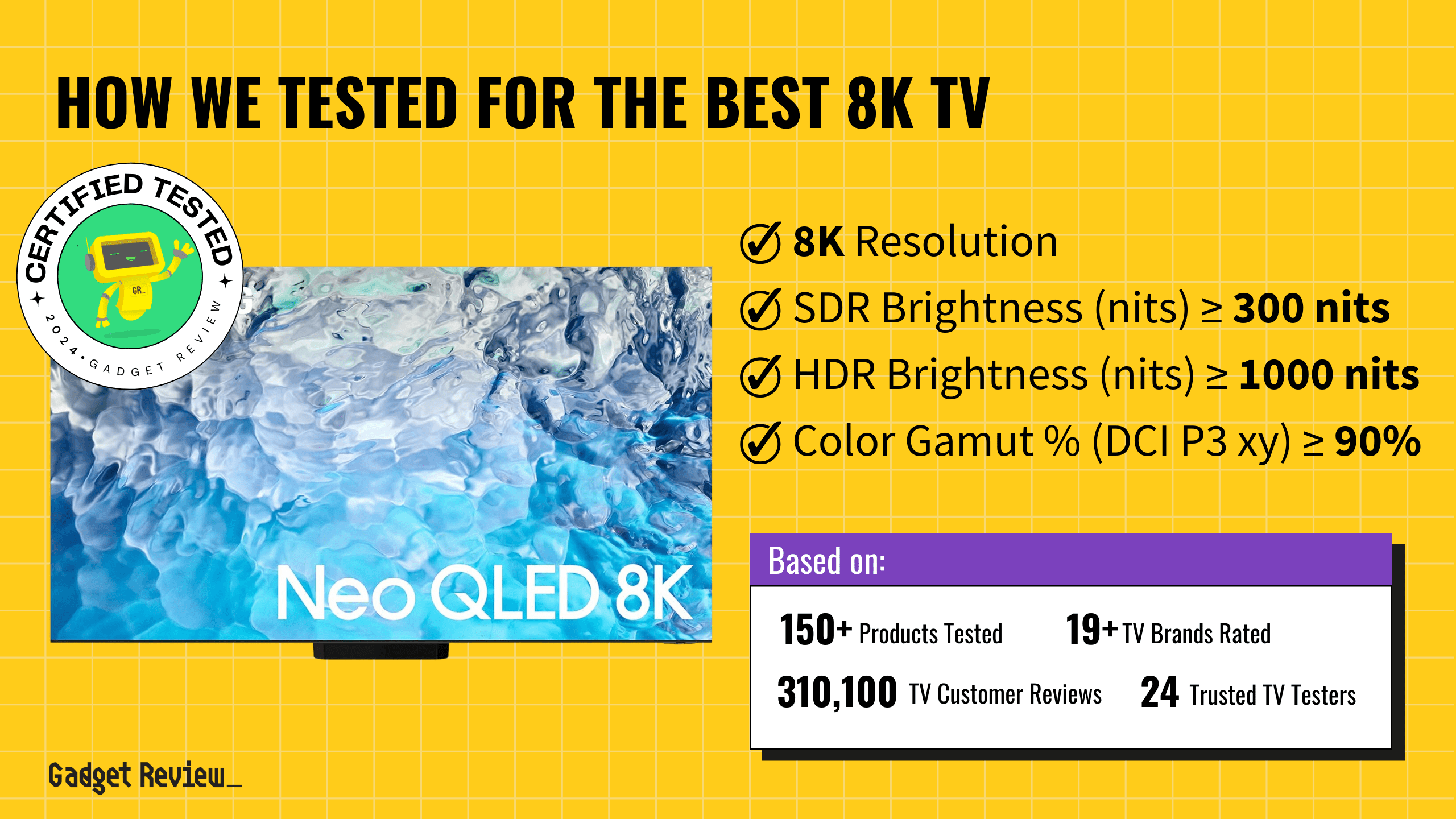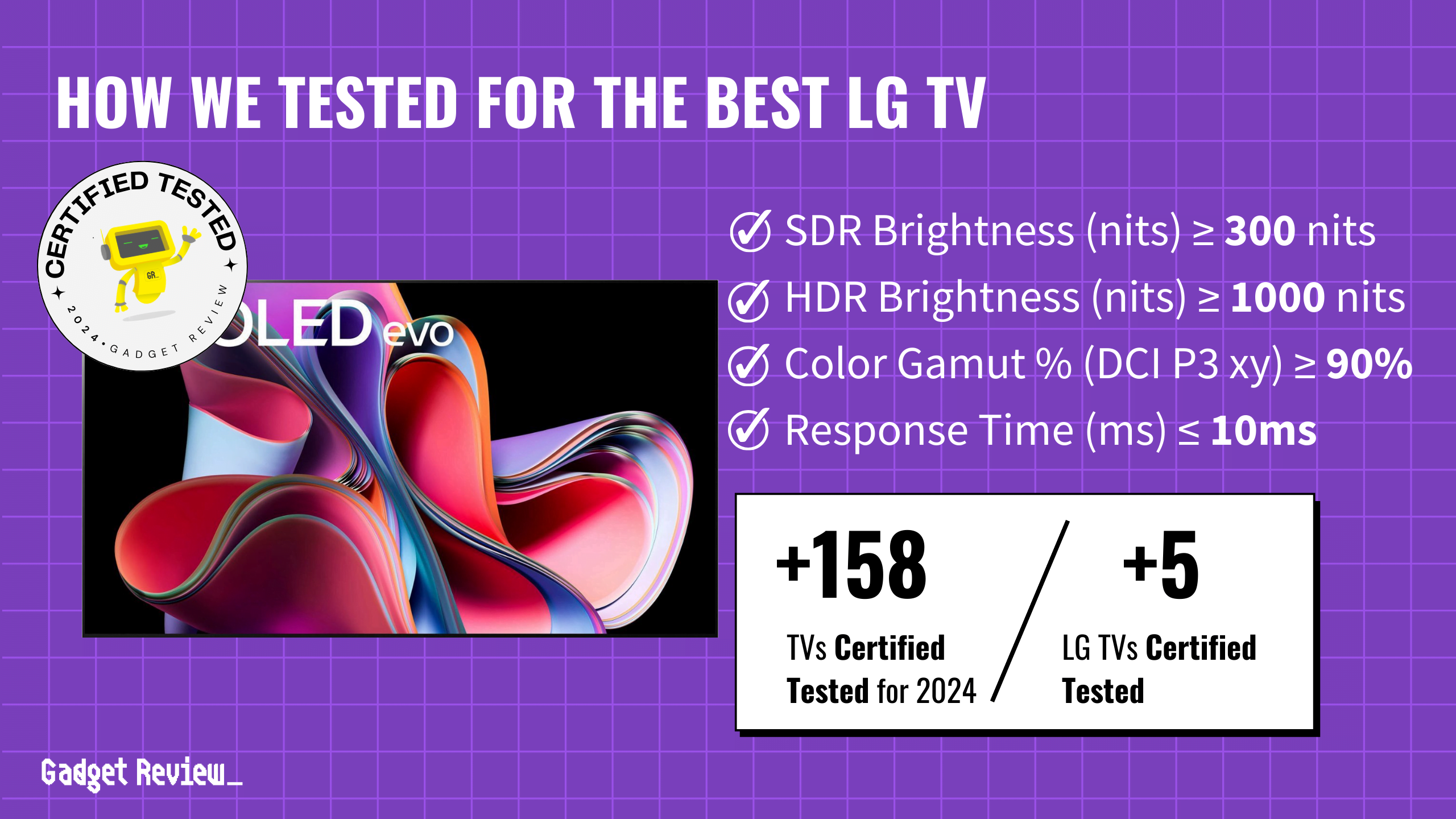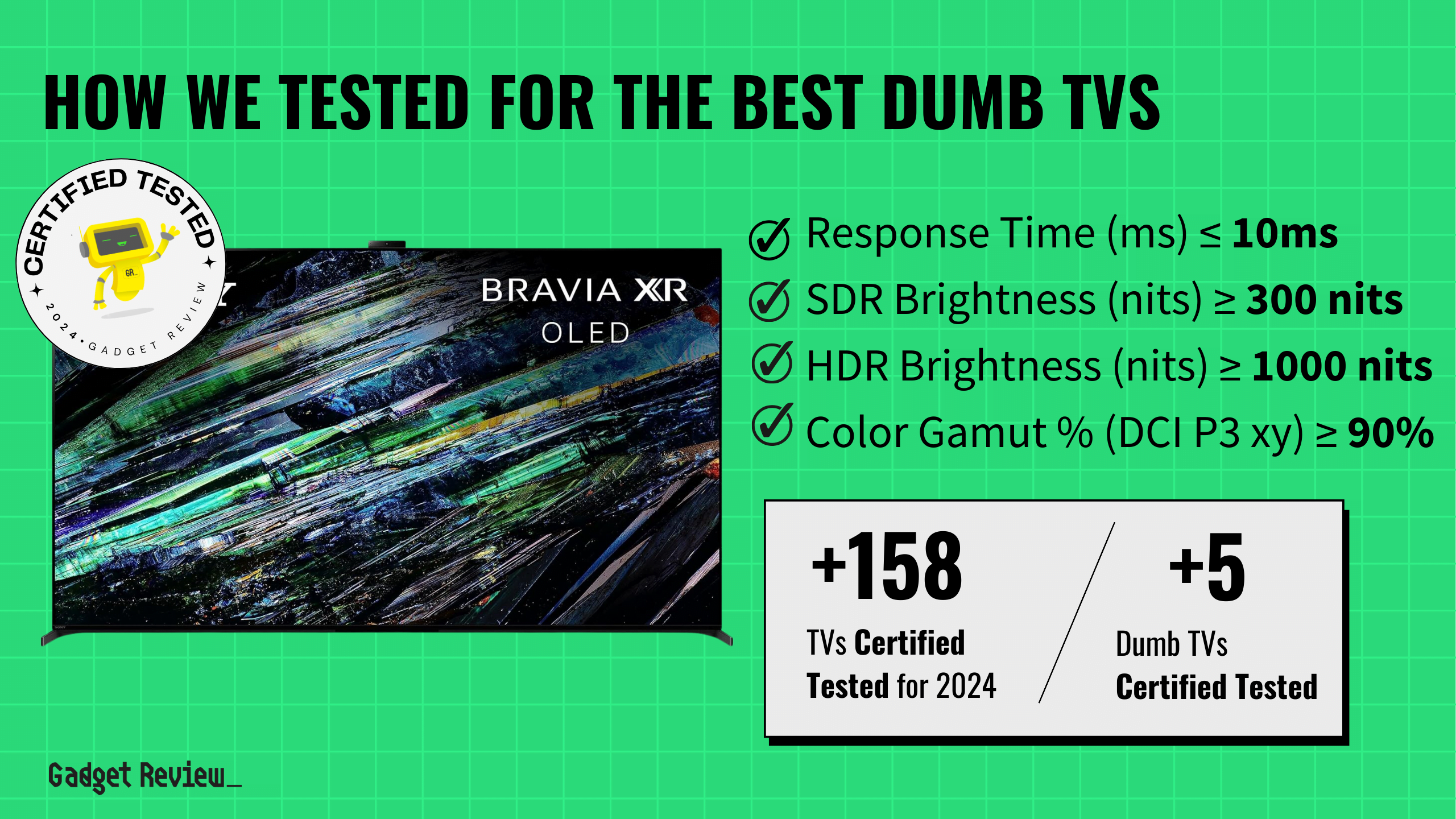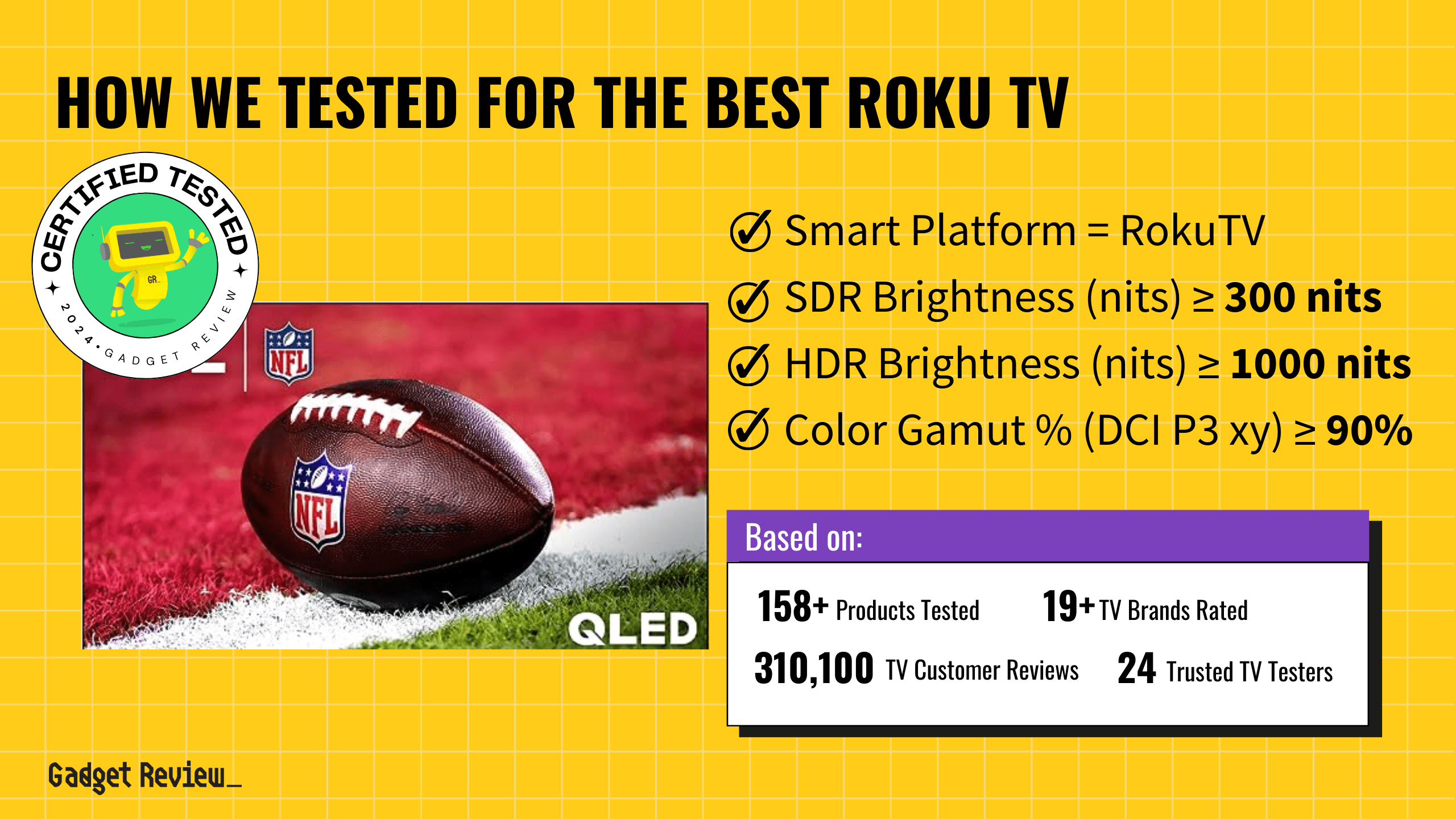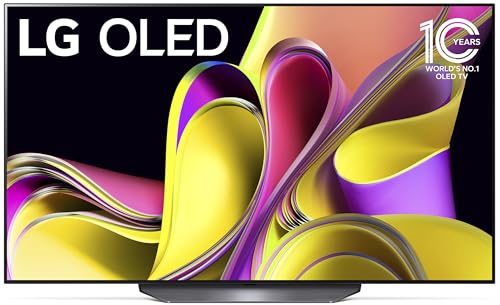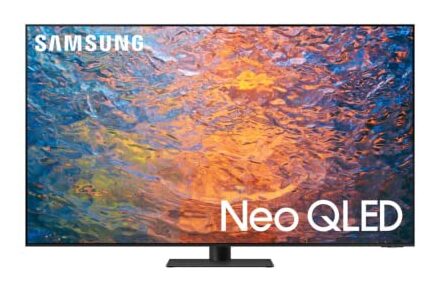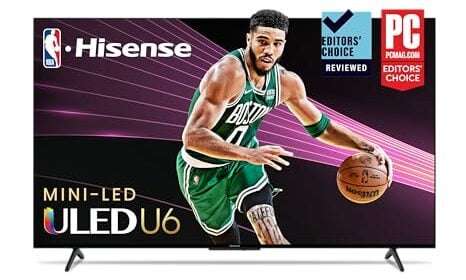
out of
TVs
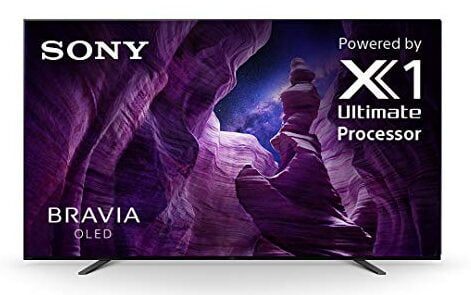
Sony Bravia A8H Review
→
Published
True Score
True Score is an AI-powered algorithm of product tests and customer reviews.
Absolutely Fresh

Experts
Consumers
Expert Rankings
(
)
The Sony Bravia A8H OLED TV is fantastic, thanks to its excellent black levels, best-in-class contrast, wide viewing angles, and fast response time. However, watch out for the lack of HDMI 2.1 and the risk of burn-in.

We’re reader-supported. Commissions finance our mission. Our ‘True Score‘ system independently powers ratings. Learn more
Product Snapshot
Overview
The Sony Bravia A8H OLED TV was Sony’s entry-level OLED 4K HDR TV released in 2020. Thanks to its individually controlled pixels, it can deliver better blacks and contrast than LCD, Quantum Dot, and even mini LED TVs.
In addition, it has a near-instantaneous response time. Furthermore, Sony’s Triluminos display technology provides fantastic color accuracy out of the box.
It also boasts Android TV 9.0 UI for a fluid experience. As a result, the A8H OLED is exceptionally well-positioned for all film buffs alike.
If you want to learn more about reviewers’ opinions, continue reading our Sony Bravia A8H OLED TV review below. And also, check out the highest-rated TVs available today.
Consensus
our Verdict

The Sony Bravia A8H OLED TV is a great choice for dark rooms. It’s perfect for streaming movies and TV shows, with its organic LED panel providing excellent black levels, top-notch contrast ratio, wide viewing angles, and fast response time.
Unfortunately, it doesn’t have HDMI 2.1, so gamers may want to look elsewhere. And if you’re worried about image burn-in, this TV may not be for you.
ReasonS to Buy
- Deep inky blacks
- Best in class contrast ratio
- Fantastic response time
- Excellent viewing angles
- Judder removal ability from all source
- Low input lag
- Good out of the box color accuracy
- Excellent wide color gamut
- Native 10-bit panel
Reason to Avoid
- No HDMI 2.1
- It doesn’t have VRR, ALLM, or eARC
- Slight risk of permanent screen burn-in
- No HDR 10+ support
- Low peak brightness
- Some distortion at max volume
- Lack of low and sub-bass
Sony Bravia A8H Specs
 | Backlight Type | No |
| Display Type | OLED | |
| HDMI Inputs | 4 | |
 | HDMI Type | HDMI 2.1 |
| HDR Format | Yes | |
 | HomeKit Compatible | Yes |
| Max Resolution | 3840 x 2160 (4k) | |
 | Number of Audio Channels | n/a |
 | Panel Type | OLED |
| Refresh Rate | 120 Hz | |
| Screen size | 48", 55", 65" | |
 | Smart Platform | Android TV |
 | Speaker Output | 30 Watts |
 | Sync Technology | AMD FreeSync, G-Sync |
 | VRR | Yes |
All Specs
Test Results
These are the most important criteria to test for TVs based on our comprehensive Testing Methodology.
| Color Gamut % (DCI P3 xy) | 0 |
| Color Gamut % (DCI P3 uv) | 0 |
| Color Gamut % (Rec 2020 xy) | 0 |
| Color Gamut % (Rec 2020 uv) | 0 |
| Color Gamut % (sRGB) | 0 |
| Color Gamut % (Rec 709) | 108.94 |
| Color Gamut % (BT.2020) | 0 |
| Color Gamut % (Adobe RGB) | 0 |
| Color Gamut % (BT.709) | 0 |
| Contrast Ratio (x:1) | 0 |
| SDR Brightness (nits) | 0 |
| HDR Brightness (nits) | 640 |
| Input Lag (ms) | 18 |
| Response Time (ms) | 0 |
| Color Washout (Degrees) | 0 |
| Color Shift (Degrees) | 0 |
| Brightness Loss (Degrees) | 0 |
| Reflections (%) | 0 |
| Low-Freq Extension (Hz) | 0 |
| Freq Response StdDev @ 70db | 0 |
| Freq Response StdDev @ 80db | 0 |
| Weighted Total Harmonic Distortion @80db | 0 |
| Intermodulation Distortion @80db | 0 |
| EOTF (600 nit delta) | 0 |
| EOTF (1000 nit delta) | 0 |
| EOTF (4000 nit delta) | 0 |
All Tests

Can You Trust What You Read Online?
Fake reviews are taking over tech journalism—45% of sites are faking product tests. Don’t be misled.
Sign up now for exclusive access to Gadget Review’s bombshell investigation and uncover the truth about tech journalism.
Plus, stay ahead with our daily newsletter, packed with insights you can trust.
All Stores
Updated every 24 hours
- $1,530.16
Availability
In StockFree Shipping
Yes
Score Card
E
Expert Score
*.75
We place a 75% weighted value on Expert Test Scores
C
Customer Score
*.25
We place a 25% weighted value on Customer Scores
True Score
Any product with a True Score above 80 is a Absolutely Fresh
Expert Scores
Publications with higher Trust Ratings are given more weight.
- 90The Sony Bravia A8H OLED TV’s beautiful 4K picture, impressive motion smoothing and abundant smart… Read More
By:
Kate Kozuch - 100By combining Sony’s premium OLED picture performance with a powerful and direct sound system, the… Read More
By:
John Archer
Customer Scores
- 94
(
4.7/5
)
1487Ratings
- NR
(
NR/5
)
Ratings
Learn More About TVs
TV Buying Guides_
Latest DEALS_
-
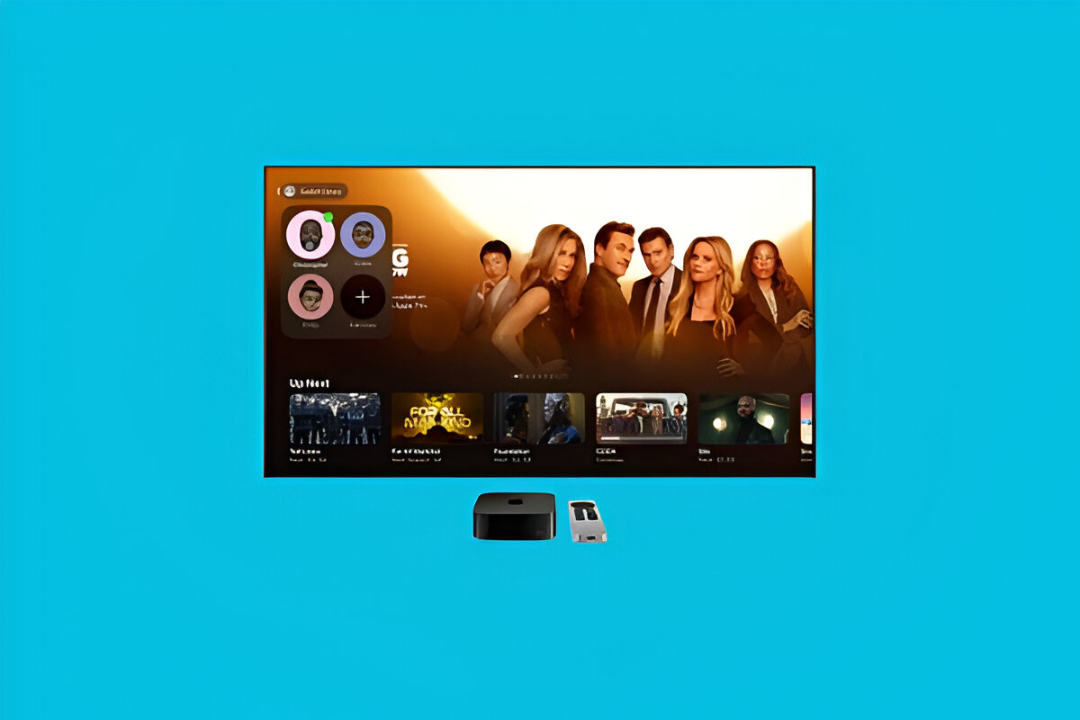
This Apple TV+ deal gives you 1 month free, then $9.99/month
·
-

TCL 85-Inch QM85 QD-Mini LED 4K Smart TV (2024) – $1,796.99 (Save 33%)
·
-
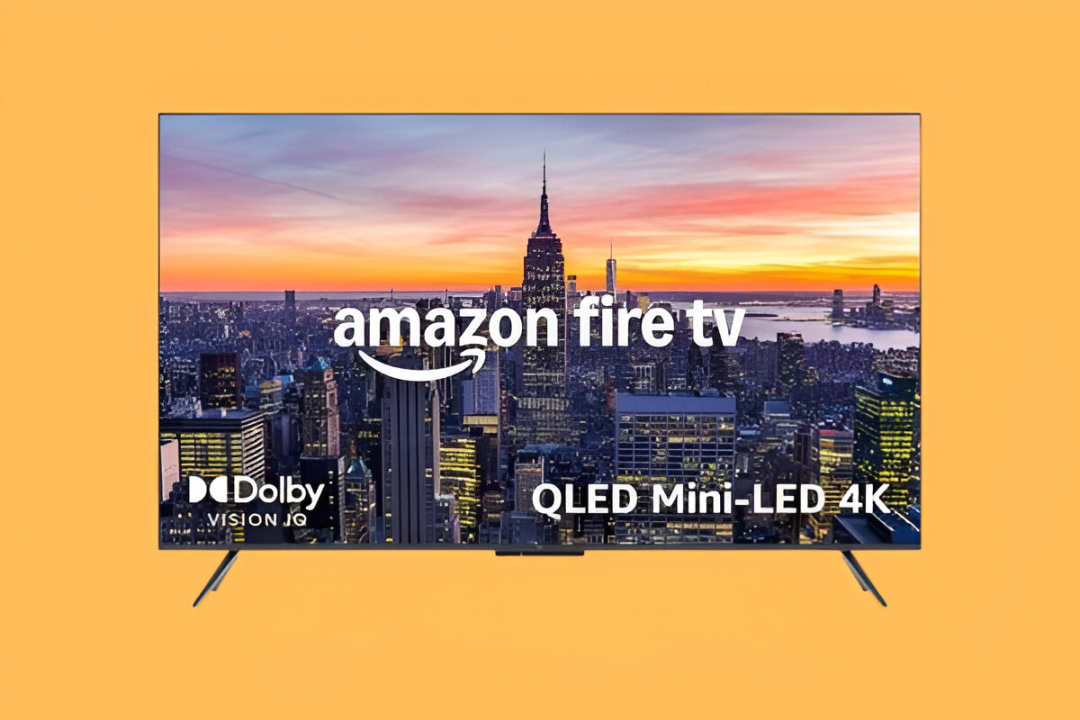
Amazon Fire TV 55″ Omni Mini-LED QLED 4K Smart TV – $769.99 (Save 6%)
·
-
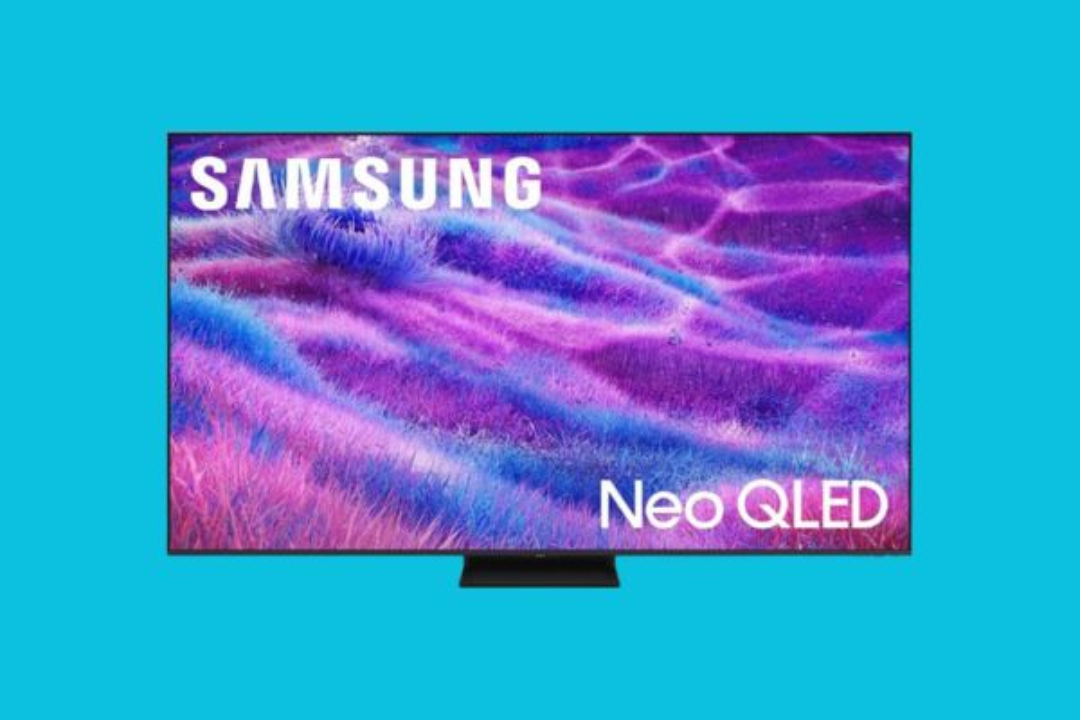
Samsung 85-Inch Neo QLED 4K Smart TV (2025 QN80F) — $2,197.99 (Save $1,300)
·
-
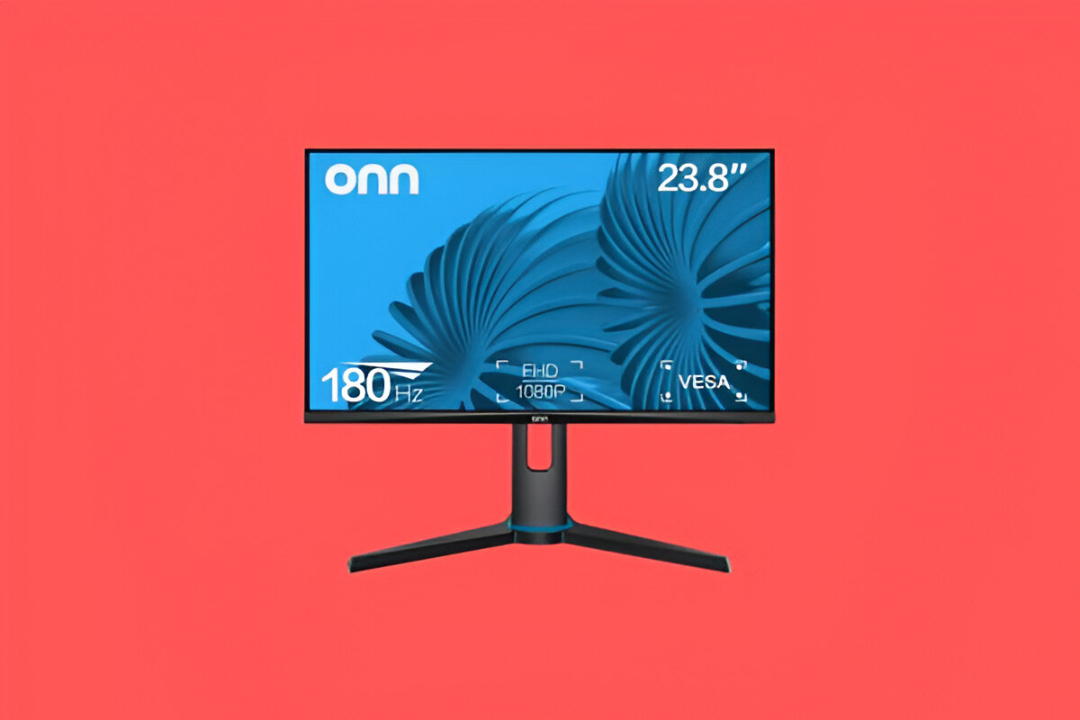
onn. 24″ FHD 180Hz 1ms FreeSync Gaming Monitor — $129 (Save $20)
·










